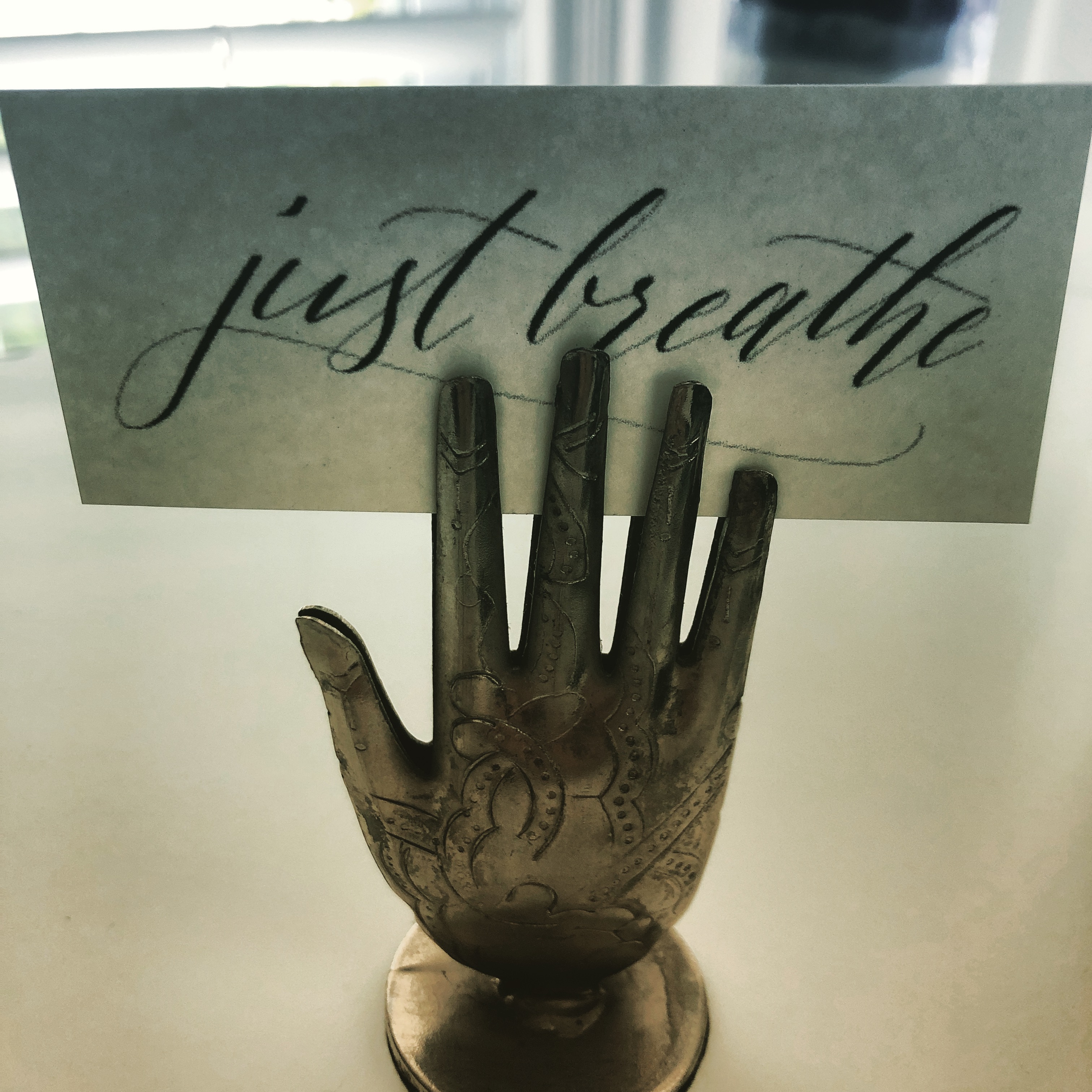
Lately, I have found myself pondering the variety and complexity of life as we know it in this realm of existence. One famous Shakespearean quote keeps popping up for me. “To be, or not to be: that is the question: Whether ’tis nobler in the mind to suffer the slings and arrows of outrageous fortune, Or to take arms against a sea of troubles, And by opposing end them?” This is the opening phrase of a soliloquy spoken by Prince Hamlet in the so-called “nunnery scene” of William Shakespeare’s play Hamlet, Act III, Scene I.
Now, I will not claim to be a polished scholar of Western literature, but I did read and write an essay or two on Hamlet when I was in my second year of college. Right around the time I was studying the classics for my general education requirements I was also simultaneously embarking on a deeper dive into my inner world through the adoption of a mindfulness meditation practice. The unexpected consequence of this new practice was the immediate affect it had on my perception of how I see myself in the world and how I viewed the world in general.
When I first read Hamlet and started to analyze it in the manner our professor recommended, I found myself deeply identifying with the former quote. It seemed to be the very same question I had floating around in my head, not in those terms of course, but the sentiment was identical. You see, at that time in my life I was struggling with financial hardship, going to school full time, working, co-raising my 2 year old daughter and trying like hell to have emotional energy left in the tank for my wife in the evenings. I often felt emotionally void or hyper-sensitive.
That elegant quote roused many questions in me; Is this what life is really like? What am I here for? Who am I? The list went on and on, but I knew deep down something needed to change or I needed to wake up to new possibilities of existence. But how does one seek out answers without a Google search or an instructor telling you where to look?
I decided to use this new, but very raw, mindfulness practice to search inside myself for answers that only I can come up with.
By the time I came to the conclusion that it was only “I” who can save myself from this monotonous way of being, I had developed a solid habit of meditating.
However my meditations back then were mostly restless periods of forced silence. Not at all the peaceful and serene image you get of a young yogi smiling and practically floating above her yoga mat. Then one day something profound happened. I actually tuned into my breath for 10 seconds without a single thought or feeling of angst pass through me.
I had found the majesty of breath!
I had been taught that the breath is your ally and it is always there for you, but I never felt any deep connection to it until I broke through that 10 second barrier of thoughtlessness. For the first time since the age of innocence I experienced peace at it’s deepest and purest form. No alcohol, no drugs, no external facilitators of pleasure had ever given me that feeling before!
My first thought after that experience, which I recently remembered and why I wrote this article, was when my daughter took her first breath. As tears rolled down my smiling face I finally understood. This divine gift of life would not be possible if we could choose to breathe or not.
For our breath is literally and entirely responsible for everything we think and know. It became clear to me that I could unlock the deep wisdom inside of me by paying close attention to my breath and observing how each moment unfolds into limitless possibilities.
So I know now that I just “be” and the peace I am always searching for resides within me. It has always been there and it will always be accessible if I can just remember to “be” with my breath!



